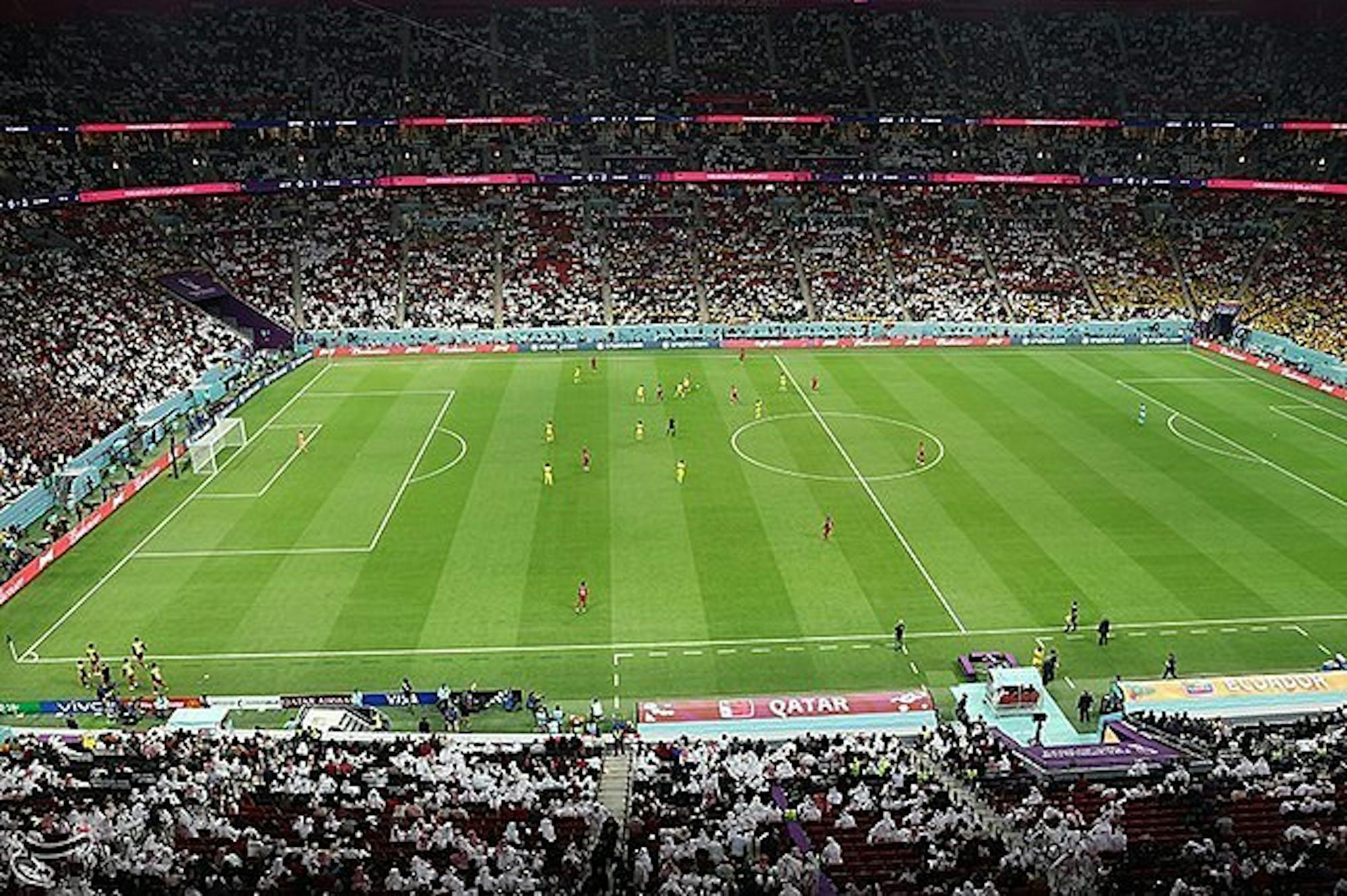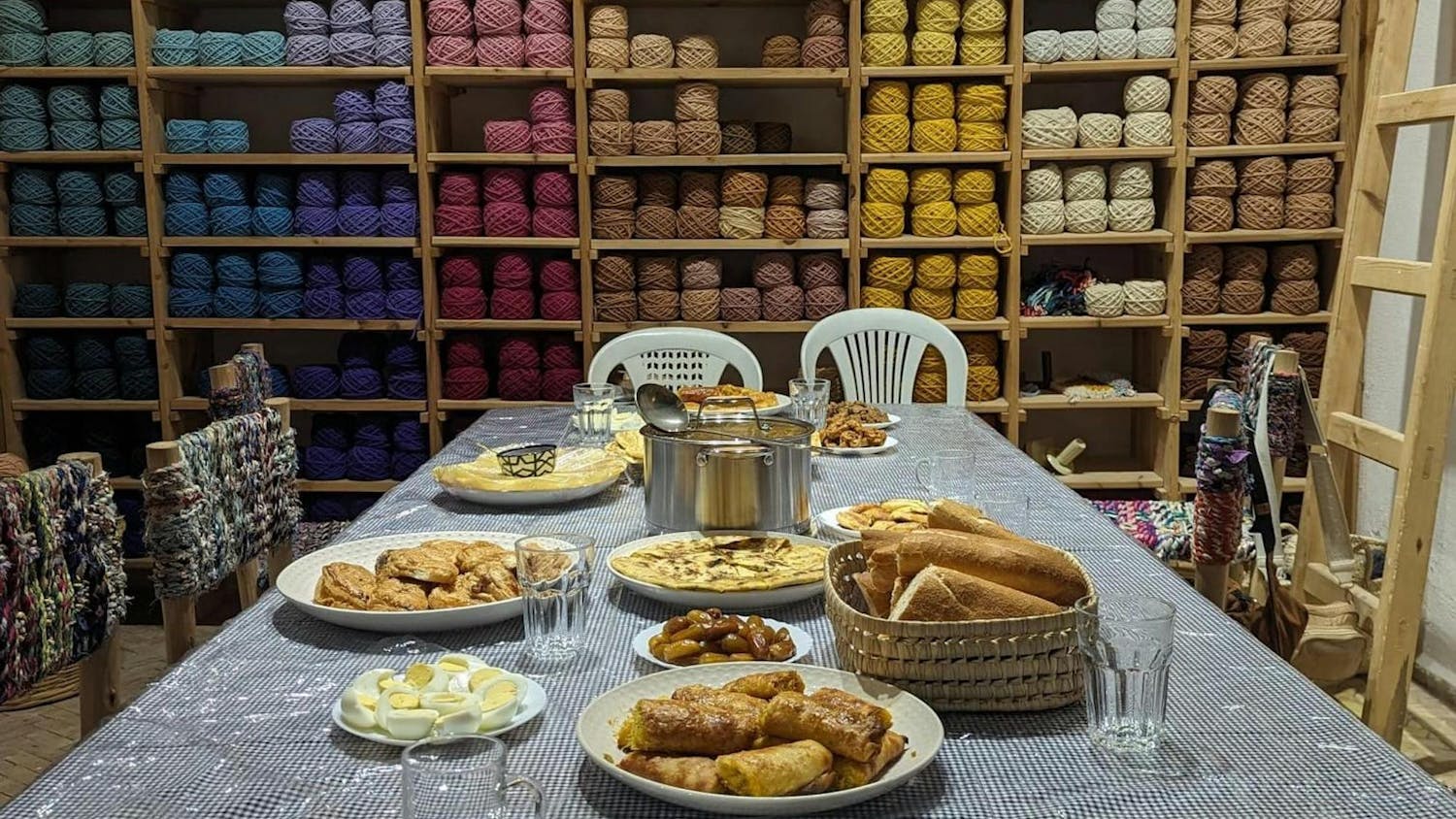After a surprise exit by Brazil (ranked as the best international team by FIFA in October before the World Cup commenced) and the appearance of two underdog teams in the third place match, Croatia (ranked No. 12) and Morocco (ranked No. 22), one could almost feel the entire culture of soccer shift. Analysts and casual viewers alike were left scrambling for answers. How were these teams, who were not even considered likely to make a late run in the tournament, much less compete for the third place trophy, able to perform at such a high level against all odds? The answer is less exciting than one would expect, and it involves the death of the most engaging parts of soccer.
Starting in the 1930s, players from Brazil were rapidly developing a dramatic new way to play soccer. Called “samba soccer” or “ginga,” the name literally means swing or sway. Brazilian players such as Pele, Ronaldo Nazário, Ronaldinho and Neymar are famous for playing in this Brazilian style which emphasizes individual skill and ability, originally arising from street games. This individualistic style of playing is not only limited to Brazil with countries throughout South America also traditionally focusing on flashy tricks and individual talent. From samba soccer, techniques like “no-look passes” and the “elastico” arose, dazzling audiences. Yet in today’s version of the game, skills like these are increasingly discouraged.
Though teams such as Morocco and Croatia have extremely talented players, they were not carried to success on the back of a single star and their individual talent pales in comparison to teams such as Brazil or Spain. Yet both teams have very cohesive defensive backlines full of solid players who are masters at conceding few goals. During the World Cup, Croatia only conceded seven goals over seven games, remarkable considering that an average of 2.69 goals were scored per match. Morocco only conceded five goals, which remains impressive considering the fact that they played against impressive offensive teams such as Spain, Portugal and France.
The Moroccan and Croatian teams relied heavily on defensive play throughout the world cup, hoping to obtain a narrow win or delay the game to penalty shootouts. For Morocco, whose players largely paled in comparison to many teams in the world cup, this meant being willing to sacrifice possession. Walid Regragui, the manager of the Moroccan team, knew he would not be able to dominate possession in the match against Spain. Instead, he prioritized solid defense and managed to draw the game to penalties where they ultimately upset the Spanish side.
Relying heavily on defensive play certainly has appreciable impacts on the game itself. Like Morocco in the World Cup, teams who use this strategy at any level of the game rely more on defensive consistency whilst focusing on denying chances rather than flashy skill moves and tricks led by star players. This leads to less engaging moves; instead, these teams have found a way to maximize their performance in an underwhelming way from a visual standpoint.
The defensive prowess both Morocco and Croatia exhibited led to both teams drawing the games out to penalties. Croatia defeated Japan and Brazil in the first two knockout rounds while Morocco defeated Spain in the round of 16, all due to penalties. In the Brazil and Spain game, two teams projected to go far were stunned by the unpredictability and high-stress atmosphere of shootouts. While shootouts may be entertaining during the moment, they are not worth the combined 120 minutes plus added time required to get there. These minutes, with a defensive-minded team, especially in the case of teams like Morocco and Croatia, are often low scoring and relatively monotonous, as this World Cup has shown.
After a long, in-depth analysis of the 2022 World Cup, managers for the 2026 World Cup will likely reflect on how these two underdog teams were able to pull out major upsets and keep on winning thanks to uninspiring but effective defense and a willingness to draw the game out to risky penalty shootouts. Despite the flashy appeal of teams like Brazil, most other countries do not realistically have a chance of cultivating such talent in their national teams. Instead, they will play to their strengths and choose a more reliable style of play, thus irreversibly changing the landscape of the game forever. This World Cup has signaled the beginning of the end for the once-beautiful game. Individualism and flair will now return to their street ball origins and teams will prioritize maximizing their chances of victory at the cost of entertainment.






